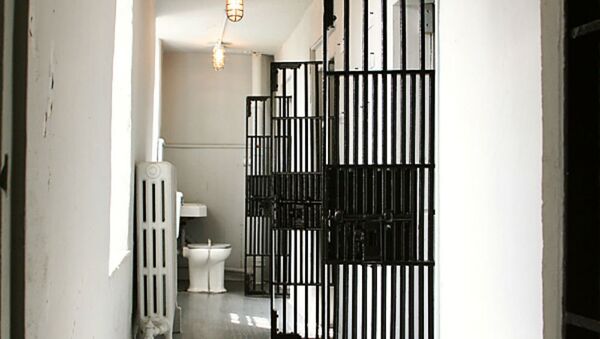Curnell, 50, had gone to an emergency room in July 2015 with an acute stomach flu. She was also suffering from sickle cell disease, alcoholism, and hypertension. She was released from the hospital the next day, July 21, directly into police custody over unpaid court fines.
— Stephanie (@steffstevens) February 25, 2016
Immediately after arriving at the Charleston County jail, Curnell began to vomit. The hospital had advised prison employees that she would need additional medical attention, and the warnings were ignored.
“Providing access to reasonable medical care to those under police custody is a necessity, not a privilege,” Curnell family attorney, James Moore III, said in a statement. “It is a constitutional right. We are committed to seeking justice for Joyce and for her family.”
Within 27 hours of arriving at the jail, Curnell was dead. During her stay and prior to her death she received no medical treatment from jail staff. Lawyers and her family assert that her death was directly attributable to the conscious violations of her rights.
"Simply put, Ms. Curnell died because she was deprived of water," a doctor serving as an expert witness for the Curnell family stated.
Beyond the actual treatment of Curnell while she was in prison, the case details how she was taken from a hospital emergency room by officers and placed behind bars over court fees she could not pay.
“Despite prior attempts on the federal level and across the country to prevent the profound injustice of locking people in cages because they are too poor to pay a debt, the practice persists every day,” Whitney Benns and Ben Strode wrote for The Atlantic.




